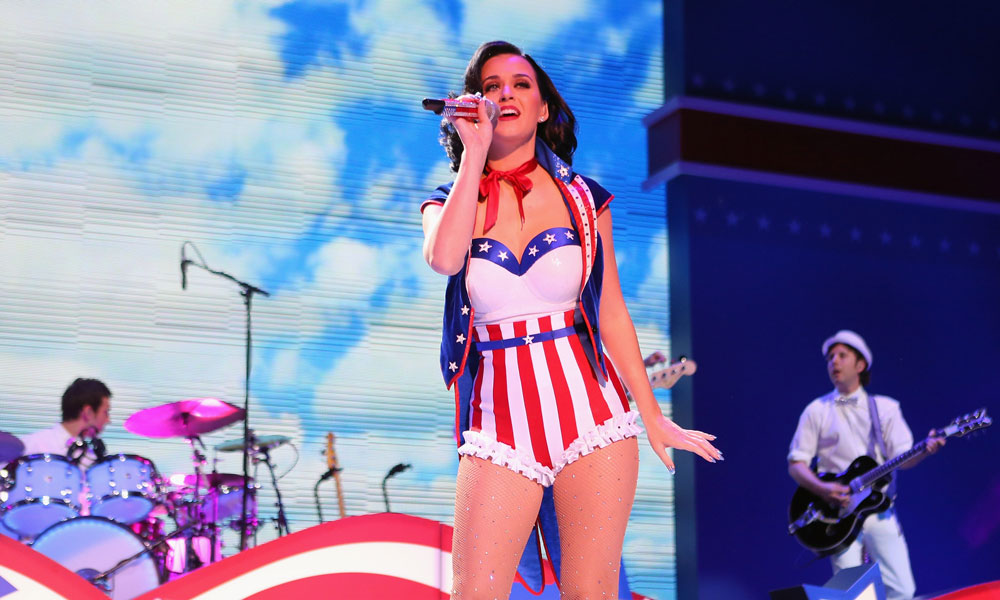
Music Industry: Time to Update the Digital Millennium Copyright Act
The federal law that sets the rules for copyright enforcement online may have worked well 18 years ago, but today the DMCA makes it almost impossible for content owners to protect their rights, according to a coalition of music industry organizations and a few big-name artists who are petitioning the government for change.
The music industry is becoming smarter about the digital nature of its business, and when the industry wants something to change, it turns to its artists.
That’s why Katy Perry, Garth Brooks, Christina Aguilera, and a host of other stars recently spoke up in favor of updating the Digital Millennium Copyright Act (DMCA), the 18-year-old law that set the rules of the road for copyrights on the internet.
The reason they’re speaking up, according to the Recording Industry Association of America? They’re frustrated with the weak copyright protections afforded by online platforms where content is shared—particularly YouTube, which the association claims is costing artists significant sums of money.
“This outdated and dysfunctional law has hurt everyone involved in creating music, from the newest emerging artists and songwriters to the global superstars, from the smallest labels and publishers to the biggest majors,” RIAA CEO and Chairman Cary Sherman said in a statement to CNBC last week.
RIAA led a number of music-industry groups—including SoundExchange, the National Music Publishers’ Association, the American Association of Independent Music, and the National Academy of Recording Arts and Sciences—to petition the U.S. Copyright Office regarding what they believe is an ineffective and easy-to-game system of copyright enforcement. According to their petition, because the DCMA puts the burden of copyright protection on content creators and owners rather than the websites where the content is shared, many publishers have to file repeated takedown notices because copyright violators simply change the online destination.
“In a world of an infinite supply of URLs and sophisticated search engines that can quickly index and categorize these URLs for search purposes, copyright owners should not be required to engage in the constant game of sending repeat takedown notices to search engines for the same sound recording on the same service simply because it appears at a slightly different URL than it originally did,” the letter to the copyright office stated [PDF].
The effort comes on the heels of a recent RIAA report stating that although paid streaming services were coming into their own as a way for musicians to get compensated for their work, free services such as YouTube failed to raise money at the same rate as even the vinyl-record market.
The music industry’s position is not without critics, including the Internet Association. IA, which represents YouTube’s parent company, Google, along with numerous other tech companies, reiterated last week that the DMCA protects startups from being punished for users’ actions while providing recourse to content creators who want to protect their work.
“These smart laws allow people to post content that they have created on platforms—such as videos, reviews, pictures, and text,” IA said in a blog post. “In essence, this is what makes the internet great. The safe harbors enable platforms to operate at the scale necessary to create huge benefits for consumers and creators.”
Katy Perry is among the artists speaking up against the Digital Millennium Copyright Act. (Joe Raedle/Getty Images)






Comments